
On 9 November, three museum directors – Charles Esche from the Van Abbemuseum in Eindhoven, Abdellah Karroum from Mathaf in Doha and Vasif Kortun from SALT in Istanbul – announced their resignation as members of the board of directors of CIMAM (The International Committee for Museums and Collections of Modern Art). They resigned in protest against the management, specifically the Spanish president of CIMAM, Bartomeu Marí. The three former members have issued a statement saying that they no longer have any confidence in how the board represents the interests of CIMAM members, and that they doubt that Marí can credibly defend the forum’s values.
CIMAM defines itself as an international forum for professional discussion of theoretical, ethical and practical issues concerning the collection and exhibition of modern and contemporary art, and it is part of ICOM (the International Council of Museums). In 2015 CIMAM comprises 460 members: museum directors and curators from 63 nations worldwide. On 7 to 9 November this year, 257 of these members, representing 50 countries, gathered to attend the committee’s annual conference in Tokyo. The statement issued by the three former board members was published at the very end of the conference.

Tone Hansen, who is director of Henie Onstad Kunstmuseum, was among those who attended this year’s conference. She, too, is critical of Bartomeu Marí’s management style.
– I don’t know how this matter has been discussed among the CIMAM board of directors and what kind of deliberations preceded the majority decision to let Bartomeu continue as president. It is obviously problematic that this is not discussed openly at the conference; such discussion is necessary to determine whether CIMAM can continue to be an organisation that represents all those who work with contemporary museums today, or whether CIMAM is growing increasingly preoccupied with covering up its own problems, says Hansen in an email from Tokyo.
The reason for the lack of confidence in CIMAM president Bartomeu Marí harks back to a conflict at the Museu d’Art Contemporani de Barcelona (MACBA) in March this year. Marí, who was director of the museum at the time, put a stop to the group exhibition The Beast and the Sovereign on the opening day when the exhibition’s curators refused to remove a work that Marí did not find suitable for display. The work in question is a sculpture, Not Dressed for Conquering/HC 04 Transport (2011–ongoing), created by the Austrian artist Ines Doujak. It shows the former king of Spain, Juan Carlos I, naked and kneeling as he is being taken from behind by the late Bolivian labour leader Domitila Chúngara, who in turn is being taken from behind by a wolf. Bartomeu Marí claims that he only realised the nature of the work just before the official opening, but the curators were able to present documents proving that he had signed a loan agreement regarding the contentious work a few week before the scheduled exhibition opening. Some have speculated that the director’s sudden censorship might have something to do with the fact that Queen Sofía of Spain is “honorary president” of the board of directors of MACBA, but Marí rejects this notion. The decision to close down the exhibition prompted strong reactions and protests, particularly from the exhibition’s curators and contributing artists. The end result was that the exhibition was opened after all, and Bartomeu Marí was forced to resign as director. However, before he handed in his own resignation he terminated the employment of the curators Valentín Roma and Paul B. Preciado, who curated the exhibition alongside Hans D. Christ and Iris Dressler from Württembergischen Kunstvereins Stuttgart.

A statement published on the CIMAM website informs us that the board of directors decided that Marí should continue as president during a Skype meeting held on 8 April. However, Esche, Karroum and Kortun did not agree with this decision.
“Given the actual censorship carried out by the president, we do not believe he has the credibility necessary to defend this position on behalf of the CIMAM members. His continuation in office undermines the vital and important work carried out by his predecessors Zdenka Badovinac and Manuel Borja-Villel,” says Charles Esche in a comment given to the online journal Hyperallergic.
The statement signed by Esche, Karroum and Kortun includes the following passage:
“We believe that art museums engaged with contemporary issues should be sites for the free exchange of ideas, where legal debate about and dissension from government policy or majority social opinion are allowed and encouraged. Museums are one of the key places where new ideas and possibilities can enter society. That’s why they are often under threat. We believe CIMAM’s main task today is to defend as much as is possible this space for debate and to set ethical standards of behaviour towards artists, curators and the public”
Used to be an active, radical and engaging forum
Tone Hansen states that the CIMAM she knew while it was under the management of the previous president, Zdenka Badovinak, was an active and radical forum that prompted keen involvement from its members – and not just at the annual conferences. Hansen describes Badovinak, who has contributed to two of Henie Onstad Kunstsenter’s publications, as an astute thinker on the dilemmas of contemporary museums. Hansen thinks that the present-day incarnation of CIMAM is virtually unrecognisable and appears shackled by a top-down management style where the president holds absolute power. She says that even without considering the censorship issue, the board of directors has fallen deathly quiet under Bartomeu Marí’s management, apart from a few petitions.

– CIMAM absolutely needs to get a new board of directors at the next election if it wishes to maintain its credibility. I find it slightly more difficult to decide whether it would better if Bartomeu left his post immediately, but certainly a change is necessary at the next election – which will take place at the conference in Barcelona next year, says Hansen.
What was your impression of the general atmosphere at the Tokyo conference?
– The situation was quite absurd, generating a rather strange mood in the air. Many were angered by the acceptance of censorship, especially young curators from Asia, who live and work under very different regimes than we do here in Europe. Instead of talking about the elephant in the room, the CIMAM board of directors rebuffed all attempts at raising the issue and putting it on the agenda. Such refusal sends a very troubling message: CIMAM ought to protect and actively promote freedom of speech and expression, not draw down the veil on its own disagreements.
According to Hyperallergic, Esche, Karroum and Kortun were also critical of the conference agenda, which was supposed to address themes such as freedom of speech and censorship, but they found that no time had been set aside to discuss the specific case that Marí was involved in at MACBA in March?

– Neither Abdellah Karroum, Vasif Kortun nor Charles Esche took part in the conference, and their letter of resignation was not made public during the conference; it was announced later, which I believe is highly problematic; their presence could have shed light on the situation and called attention to the conflict as part of the official programme. Instead the task of raising the issue from the floor was left to some of the younger and rather more vulnerable curators, and even though several of the rest of us sought to support their endeavours, the situation ended up quite absurd. Taking part in these conferences is expensive, and the contents and benefits of participating ought to be better than what was offered this time. What is more, we need this organisation, which is supposed to represent museums worldwide, to conduct itself in a transparent, democratic manner.
What do you think CIMAM ought to do now to revitalise the organisation? What function do you believe the forum should fulfil?
– CIMAM needs a board of directors that actively takes part in discussions worldwide, actively opposes censorship and self-censorship, and contributes to the debates on a new museum ethic in a changing world. This requires a certain measure of division of power where the president does not hold all the power, but delegates it to various groups. One of the most important things museums do is to protect the artists’ freedom of expression, regardless of whether we agree with their points of view. A new, revitalised CIMAM must return to the kind of commitment and involvement that Badovinak represented. Holding any office within CIMAM is unpaid and all activities are based on voluntary work – I believe this is an important premise given that organisations of this kind are not intended to generate any kind of profit. This means that we must now find those representatives who feel willing to and responsible for promoting open, democratic and engaging debate, says Tone Hansen to Kunstkritikk.

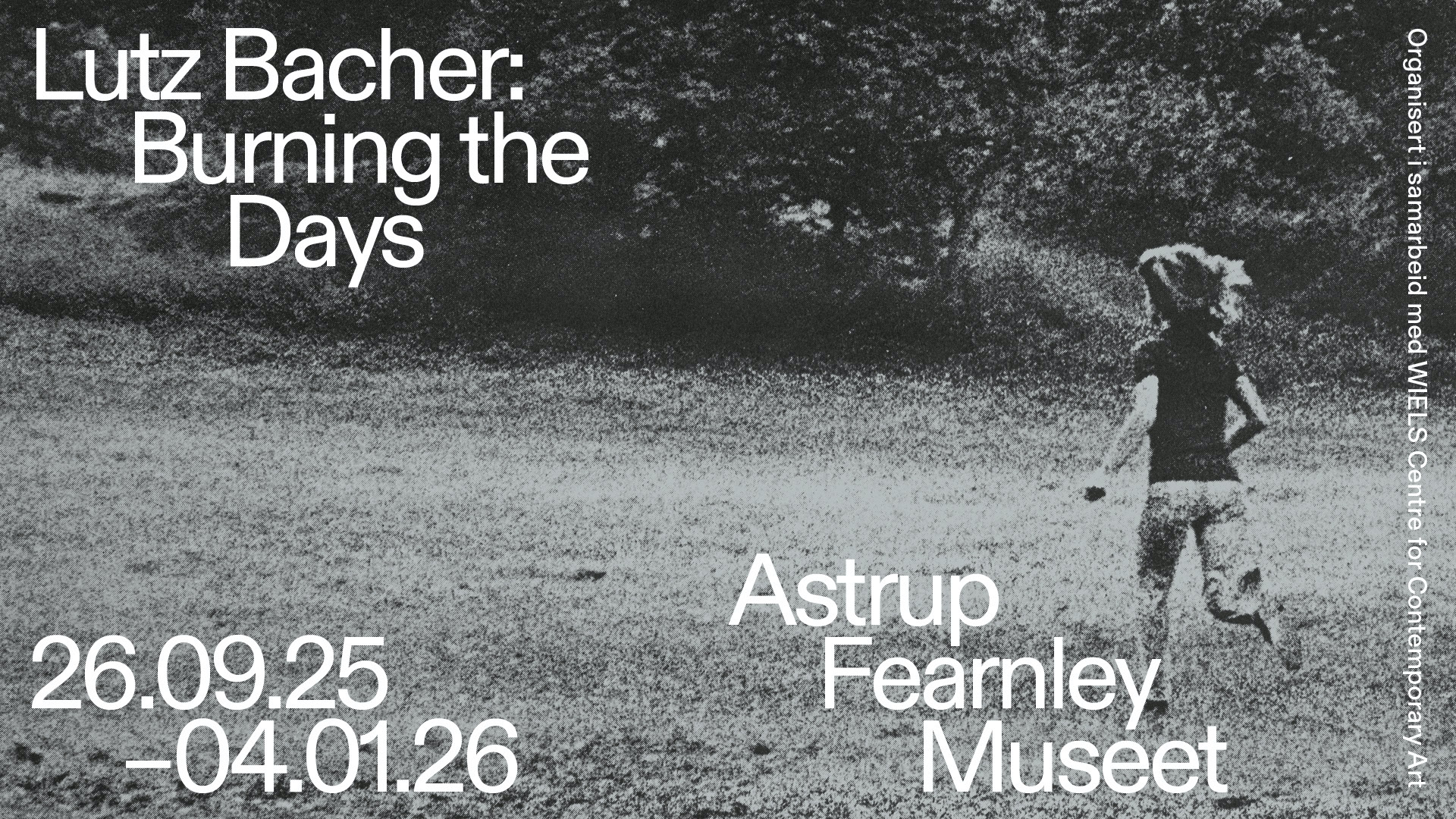
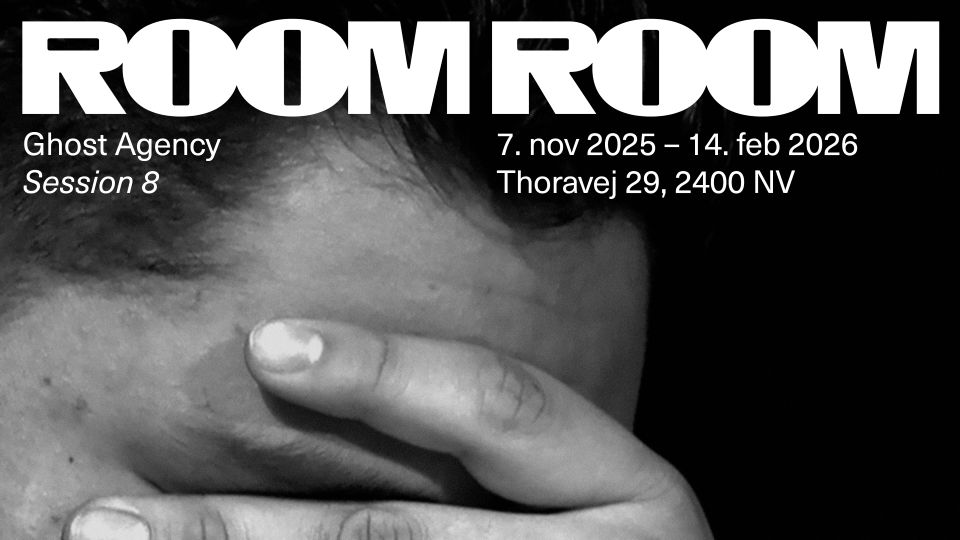
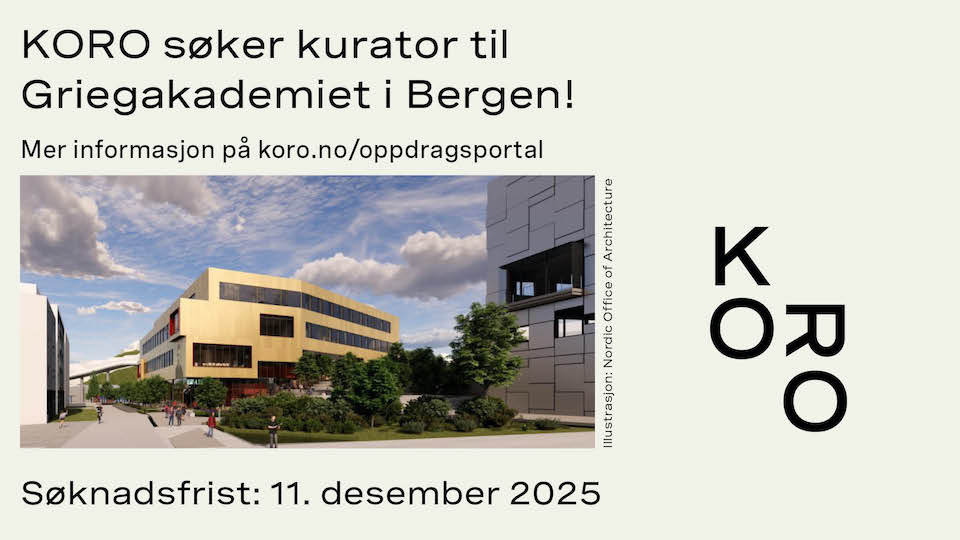


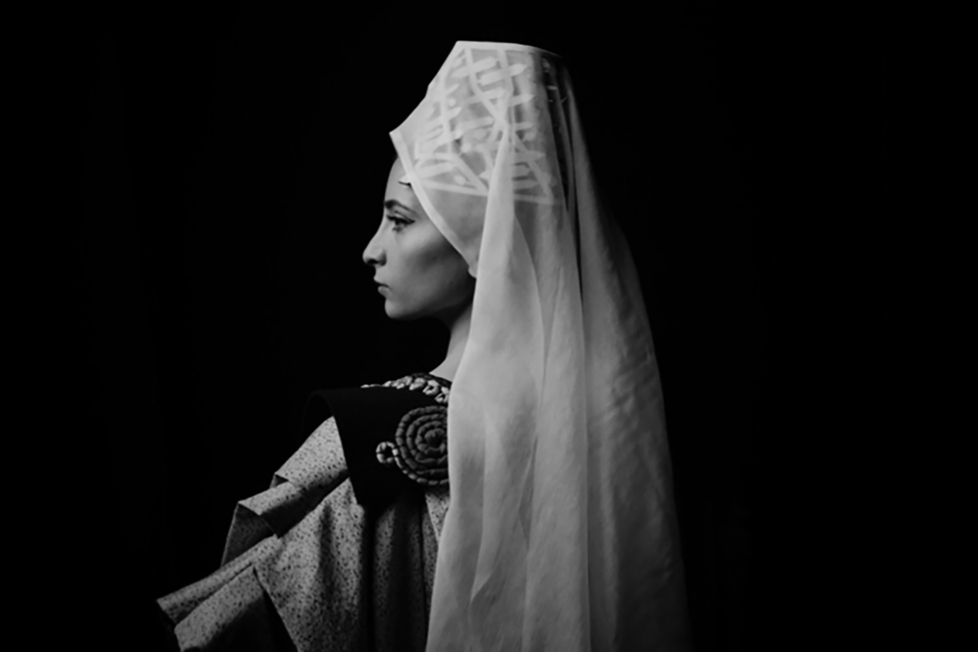
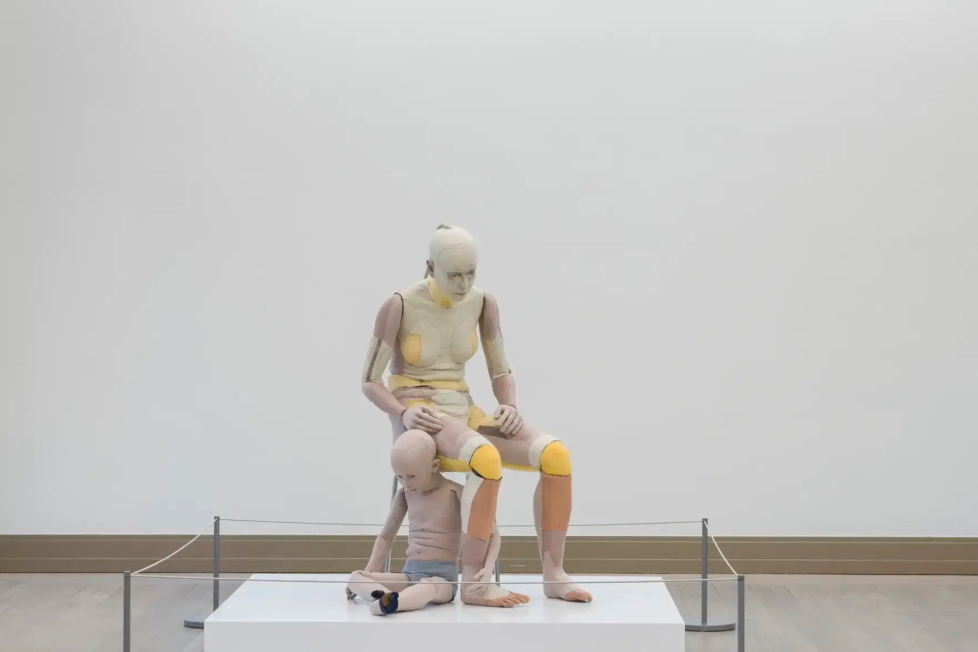
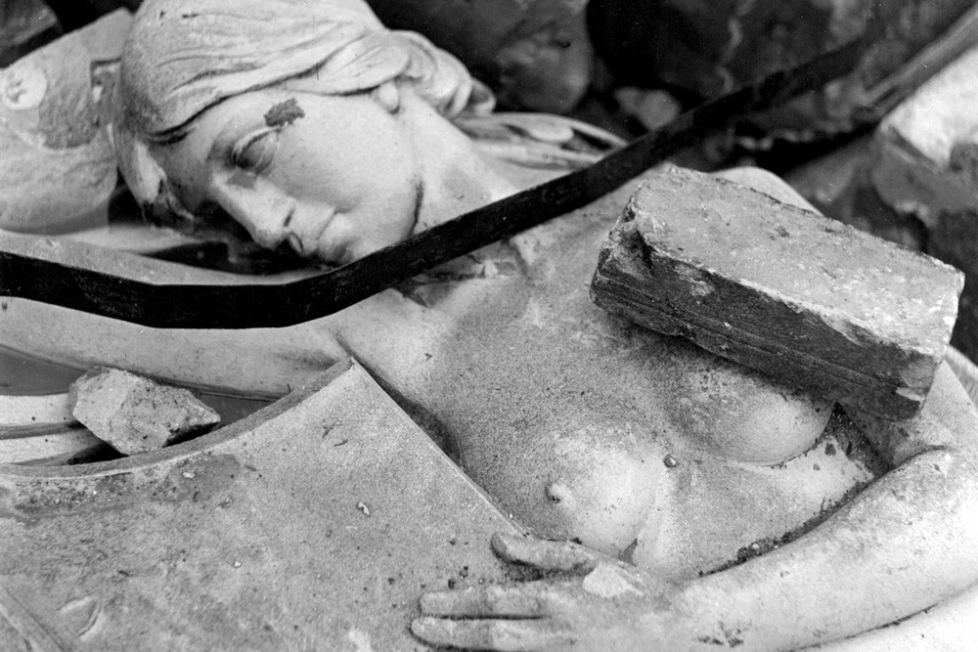
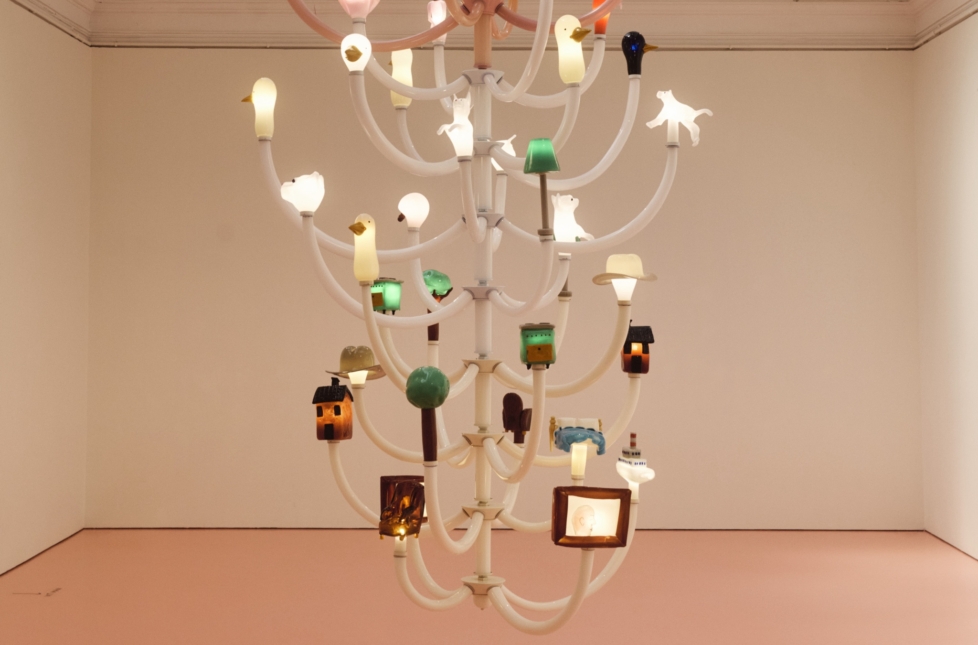
Comments